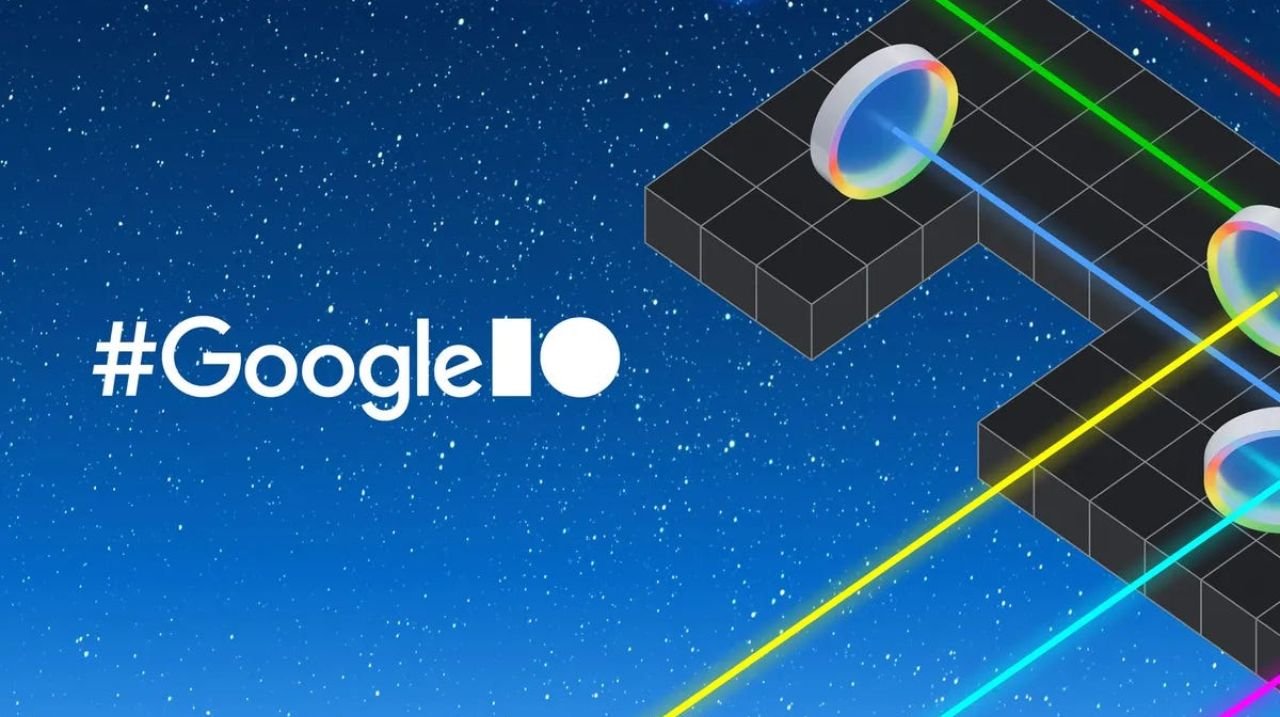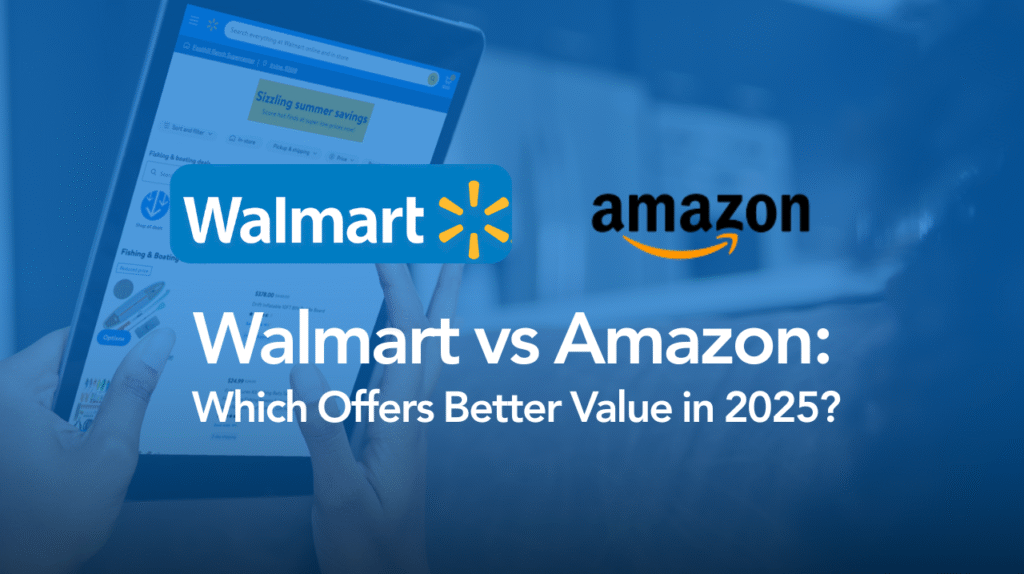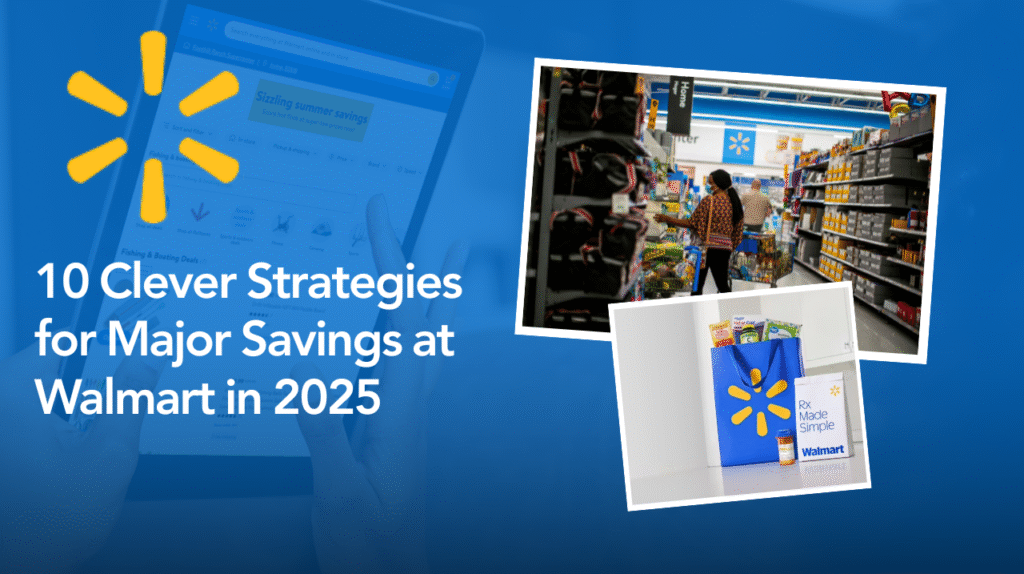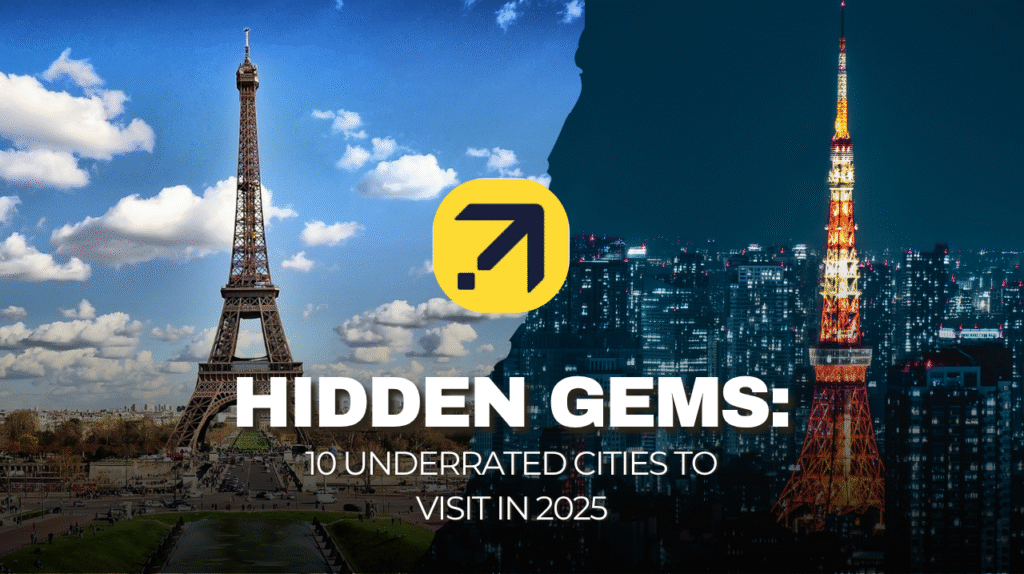Google Showcases AI Breakthroughs at I/O 2025

At its annual developer conference on May 20, Google I/O 2025, the tech giant unveiled a sweeping array of AI-powered innovations, marking a significant leap forward in how users will interact with technology. From smarter search tools to groundbreaking augmented reality experiences, the announcements reaffirm Google’s commitment to embedding artificial intelligence across its entire product ecosystem.
Gemini 2.5 Pro: Advancing the AI Frontier
Leading the charge is Gemini 2.5 Pro, Google’s latest and most powerful AI model yet. Designed to handle complex reasoning, advanced coding tasks, and large-scale data processing, Gemini 2.5 Pro now powers the widely adopted Gemini app, which has surpassed 400 million monthly active users.
To cater to a broad range of users, Google also rolled out new AI subscription tiers:
- AI Pro: $20/month
- AI Ultra: $250/month
These plans provide scalable access to Gemini’s capabilities, from casual use to enterprise-level deployment.
AI Mode in Search: Conversational and Contextual
Google Search received a major upgrade with the introduction of AI Mode, enabling more natural and conversational queries. Users can now ask detailed questions, follow up in real time, and receive AI-generated overviews tailored to their intent.
The feature’s global traction is evident, with AI Overviews now reaching 1.5 billion users across 200+ countries and territories.
Project Astra: The All-in-One AI Assistant
One of the most ambitious announcements was Project Astra, a next-generation, multimodal AI assistant built on the Gemini platform. Astra is designed to work seamlessly across devices, using camera input, voice, and text to deliver context-aware support in real time.
Its proactive nature and real-world awareness signal a shift toward more intuitive digital interactions.
Creative AI Tools: Imagen 4, Veo 3, and Flow
In the creative space, Google launched a trio of AI-driven tools aimed at content creators:
- Imagen 4: A cutting-edge text-to-image generator that delivers highly realistic visuals.
- Veo 3: A video generation tool capable of producing lifelike videos and natural audio.
- Flow: A new AI filmmaking platform that assists users in creating professional-grade multimedia content efficiently.
Google Beam: Reinventing Remote Communication
Formerly known as Project Starline, Google Beam is a revolutionary video communication system that turns traditional 2D video calls into immersive 3D conversations. Using six synchronized cameras and advanced AI, Beam enables near-flawless head tracking and real-time spatial rendering for hyper-realistic virtual meetings.
Android XR and Smart Glasses: A Bold AR Vision
In partnership with Samsung and Warby Parker, Google re-entered the smart glasses market with the unveiling of Android XR glasses. These prototype devices aim to blend the physical and digital worlds, offering seamless augmented reality experiences powered by AI.
While still in early development, they represent a major leap toward consumer-ready immersive tech.
AI Everywhere: Seamless Integration Across Google Products
Google also announced deeper AI integration across its core applications:
- Gmail: Now features personalized, AI-powered smart replies.
- Google Meet: Added real-time AI translation for seamless multilingual conversations.
- Chrome: Enhanced with AI tools for smarter, more intuitive browsing.
Conclusion
Google I/O 2025 made it clear: AI is no longer a feature—it’s the foundation of Google’s future. From everyday tools to futuristic hardware, the company is redefining how technology adapts to and augments human behavior. With these innovations, Google sets a bold course for a world where AI is not just integrated but indispensable.
























